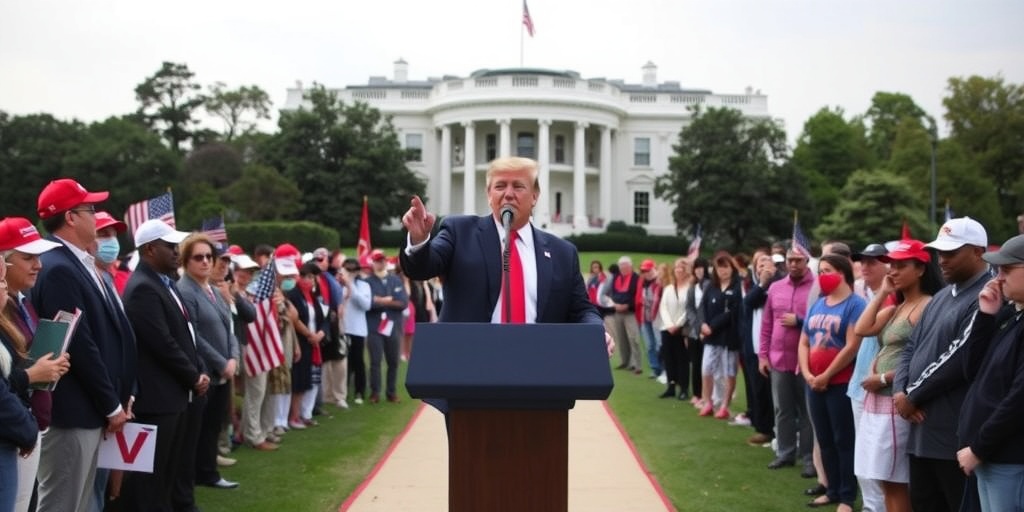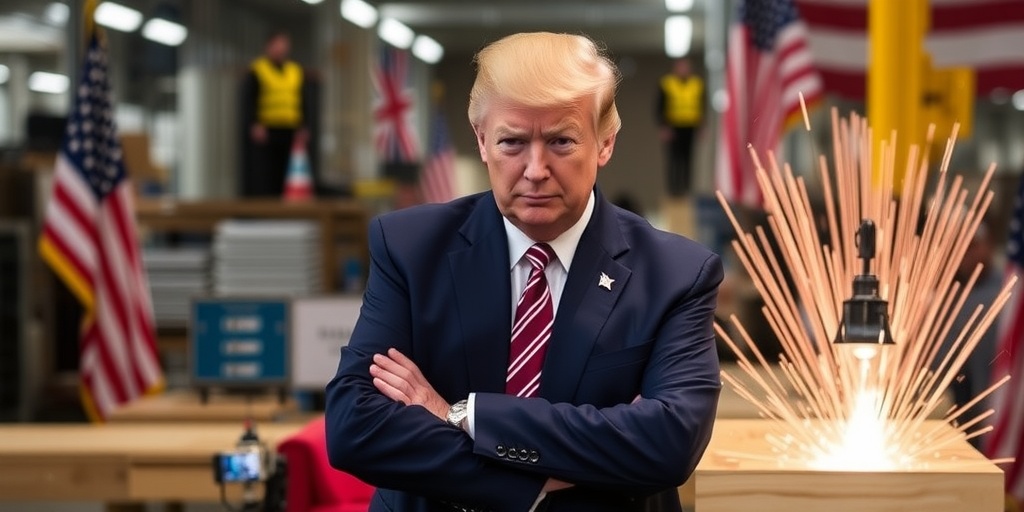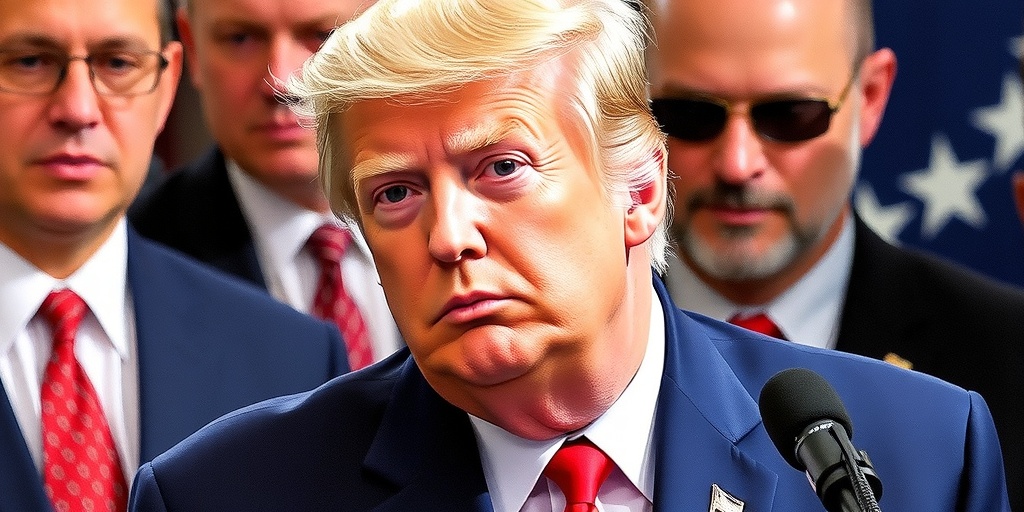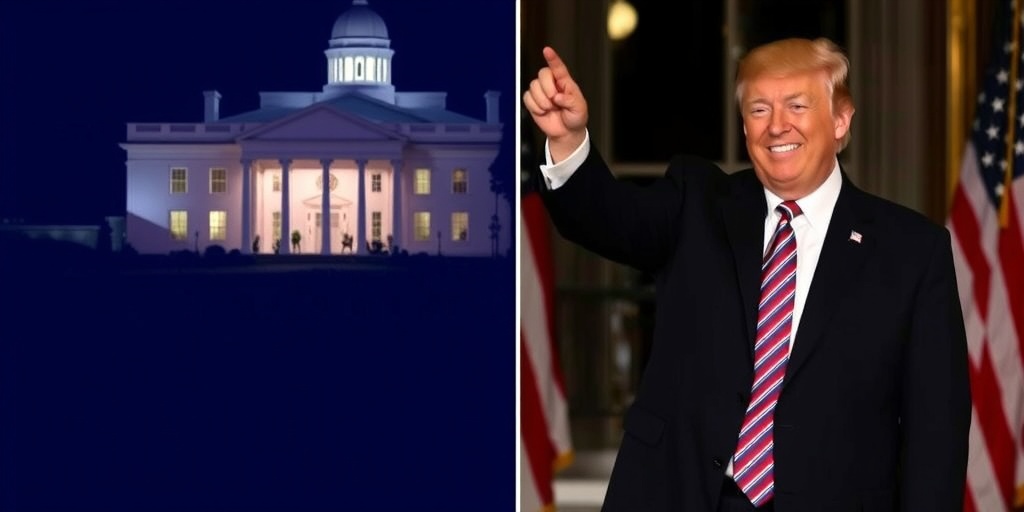Now Reading: Steve Bannon Calls Elon Musk an ‘Evil Person’
-
01
Steve Bannon Calls Elon Musk an ‘Evil Person’
Steve Bannon Calls Elon Musk an ‘Evil Person’
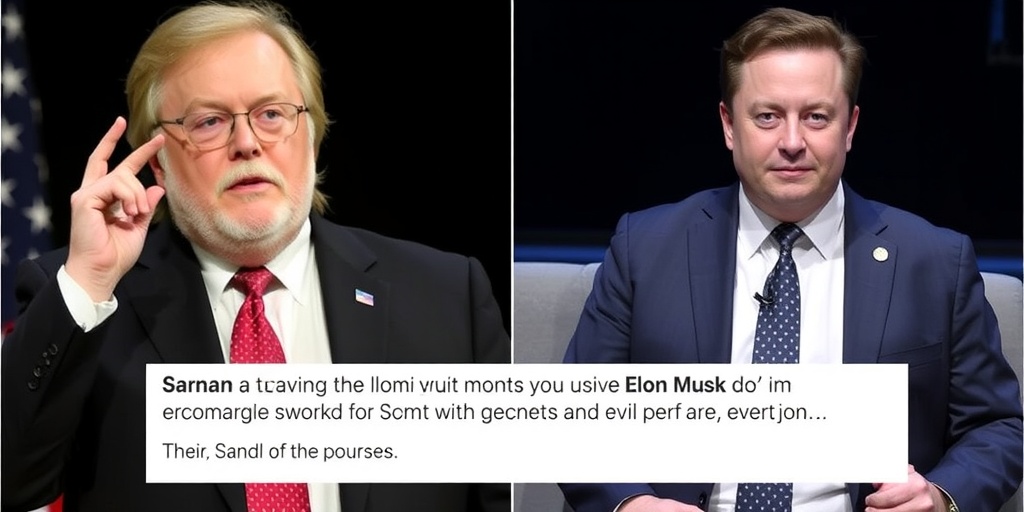
Stephen K. Bannon Launches Scathing Attack on Elon Musk Amidst Tensions Within Trump’s Circle
Stephen K. Bannon, a prominent figure in Donald Trump’s political circle, has unleashed a fierce critique of Elon Musk, labeling him a “truly evil person” in a recent interview. This public confrontation intensifies the ongoing tension between the two influential figures, both of whom have played significant roles in shaping Trump’s political landscape.
In an interview with the Italian newspaper Corriere Della Sera, Bannon expressed a definitive stance against Musk, emphasizing his disdain for the billionaire entrepreneur’s influence within the Republican fold. “I will get Elon Musk kicked out by the time he’s inaugurated,” Bannon stated, referring to Trump’s upcoming inauguration on January 20. This statement highlighted Bannon’s determination to challenge Musk’s positioning, claiming he would no longer have special access to the White House, which would leave him on par with other visitors.
Bannon, who was instrumental in Trump’s 2016 presidential campaign and served as the White House chief strategist during the early part of Trump’s administration, has recently reignited hostilities against Musk. Since his release from federal prison in October, where he served four months for contempt of Congress, Bannon has reasserted his presence in the political arena, finding allies and enemies as he navigates the complex landscape of right-wing politics. Musk, known as the world’s richest person and the owner of X (previously Twitter), has invested over a quarter of a billion dollars into Trump’s reelection efforts. His influence has made him a key figure within Trump’s organization, causing friction with others in the movement.
Bannon pointedly criticized Musk’s character, stating, “He’s a truly evil person. Stopping him has become a personal issue for me.” This sentiment reflects broader concerns within conservative circles about the future direction of the Republican movement, particularly as they grapple with Musk’s significant financial resources and media reach that could overshadow traditional players in Trump’s orbit.
The animosity between Musk and Bannon encapsulates a growing rift on the right. Initially, many right-wing commentators welcomed Musk’s entry into Republican politics, viewing him as a strategic ally. However, a shift in perspective has occurred, revealing feelings of betrayal among some conservatives who now question Musk’s commitments to their cause. Bannon’s remarks suggest a deepening factionalism within the party, as individuals vie for influence and attempt to solidify their standing before the Trump administration takes office.
Bannon’s criticism extends beyond personal attacks; it delves into substantive policy issues as well. He has publicly opposed Musk’s support for H-1B visas, which allow U.S. companies to employ foreign skilled workers. This issue has become a flashpoint in the immigration debate among conservatives. Bannon argues that such programs disadvantage American workers, asserting that Musk has "lost the policy debate" on this issue. Musk, on the other hand, contends that these visas are essential for securing talent crucial to the technology sector.
In his interview, Bannon also questioned Musk’s role in shaping U.S. politics, particularly pointing to his South African roots. Bannon provocatively suggested Musk should "go back to South Africa," raising concerns about Musk’s qualifications to influence American policy and politics due to his upbringing in a country marked by apartheid.
While the conflict escalates, Musk has remained silent regarding Bannon’s accusations and criticisms, perhaps choosing to focus on his business interests and his strategic partnership with Trump. The implications of this feud could reverberate across the Republican Party, as factions align and adversaries emerge in the lead-up to the inauguration.
As the political landscape continues to evolve, both Musk and Bannon will likely remain pivotal figures in shaping the narrative of Trump’s next term. Their clash exemplifies the broader ideological battles that are unfolding within the Republican Party, marking a significant moment in the intertwined fates of tech power and political influence. The outcome of this dispute may not only shape their personal ambitions but also the future direction of the right in America.
Stay Informed With the Latest & Most Important News
Previous Post
Next Post
-
 01New technology breakthrough has everyone talking right now
01New technology breakthrough has everyone talking right now -
 02Unbelievable life hack everyone needs to try today
02Unbelievable life hack everyone needs to try today -
 03Fascinating discovery found buried deep beneath the ocean
03Fascinating discovery found buried deep beneath the ocean -
 04Man invents genius device that solves everyday problems
04Man invents genius device that solves everyday problems -
 05Shocking discovery that changes what we know forever
05Shocking discovery that changes what we know forever -
 06Internet goes wild over celebrity’s unexpected fashion choice
06Internet goes wild over celebrity’s unexpected fashion choice -
 07Rare animal sighting stuns scientists and wildlife lovers
07Rare animal sighting stuns scientists and wildlife lovers













